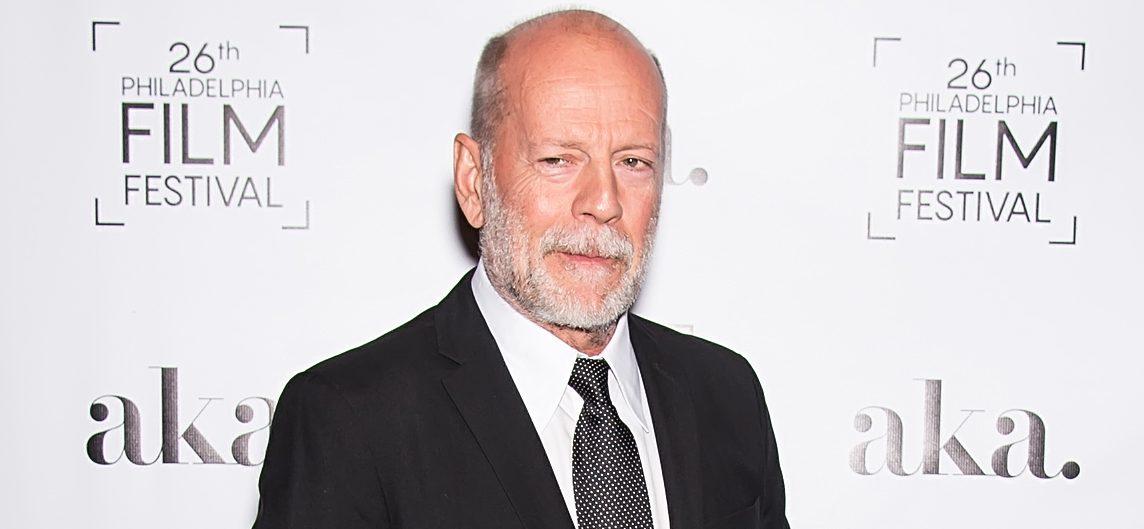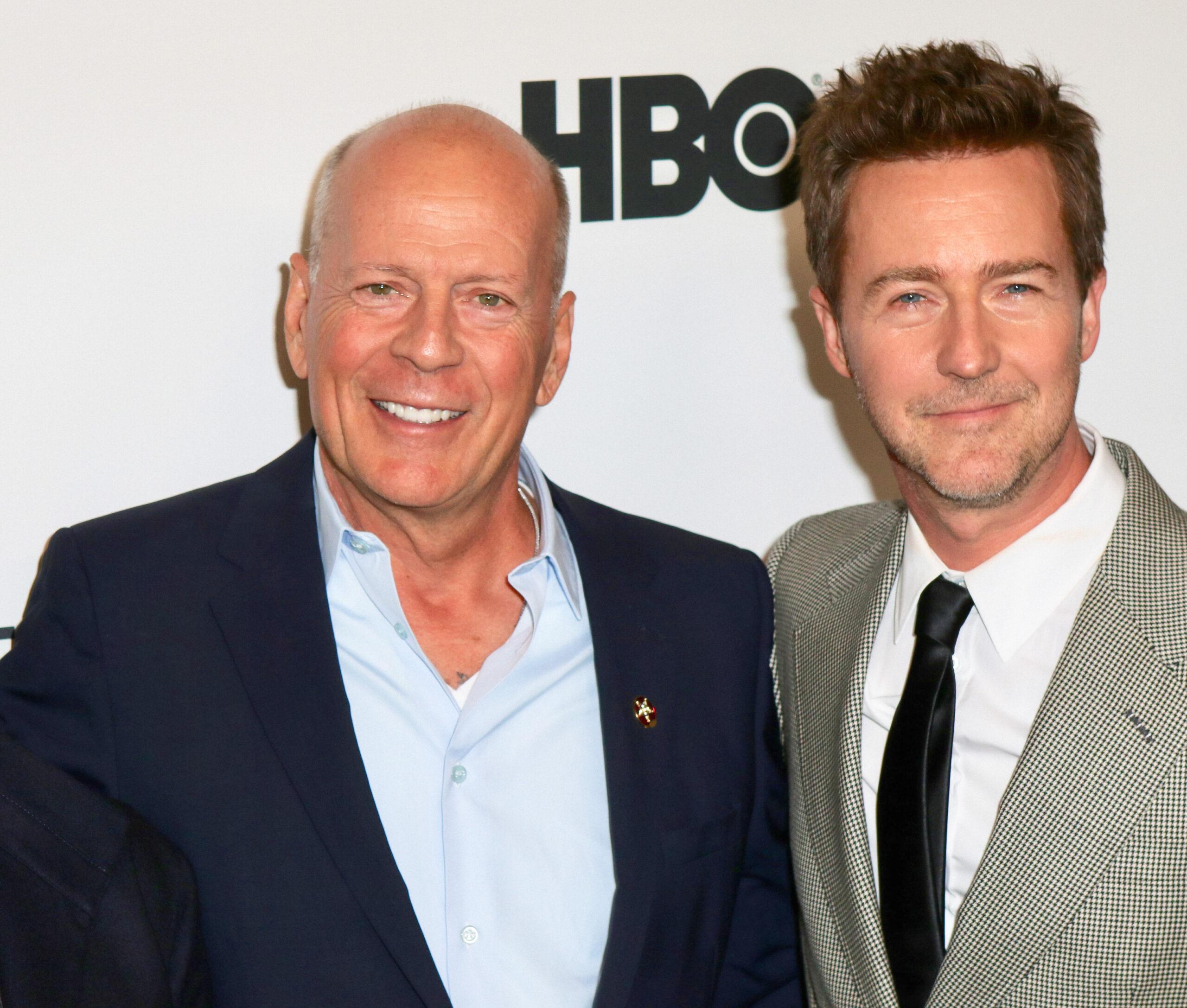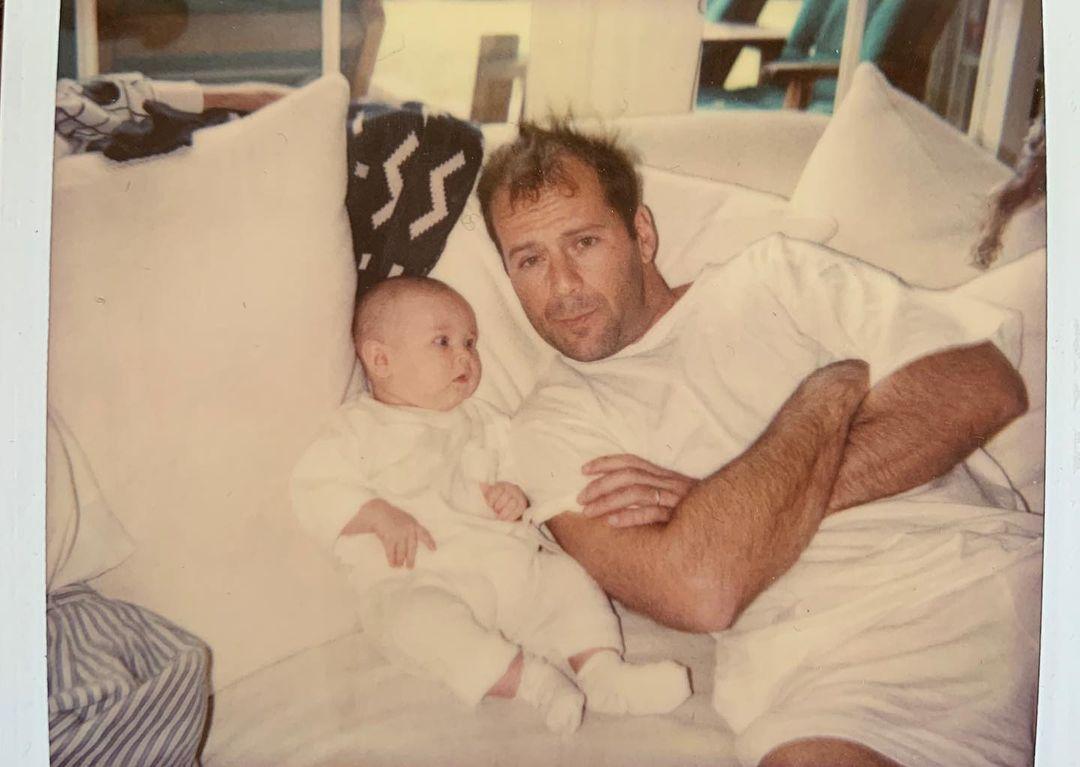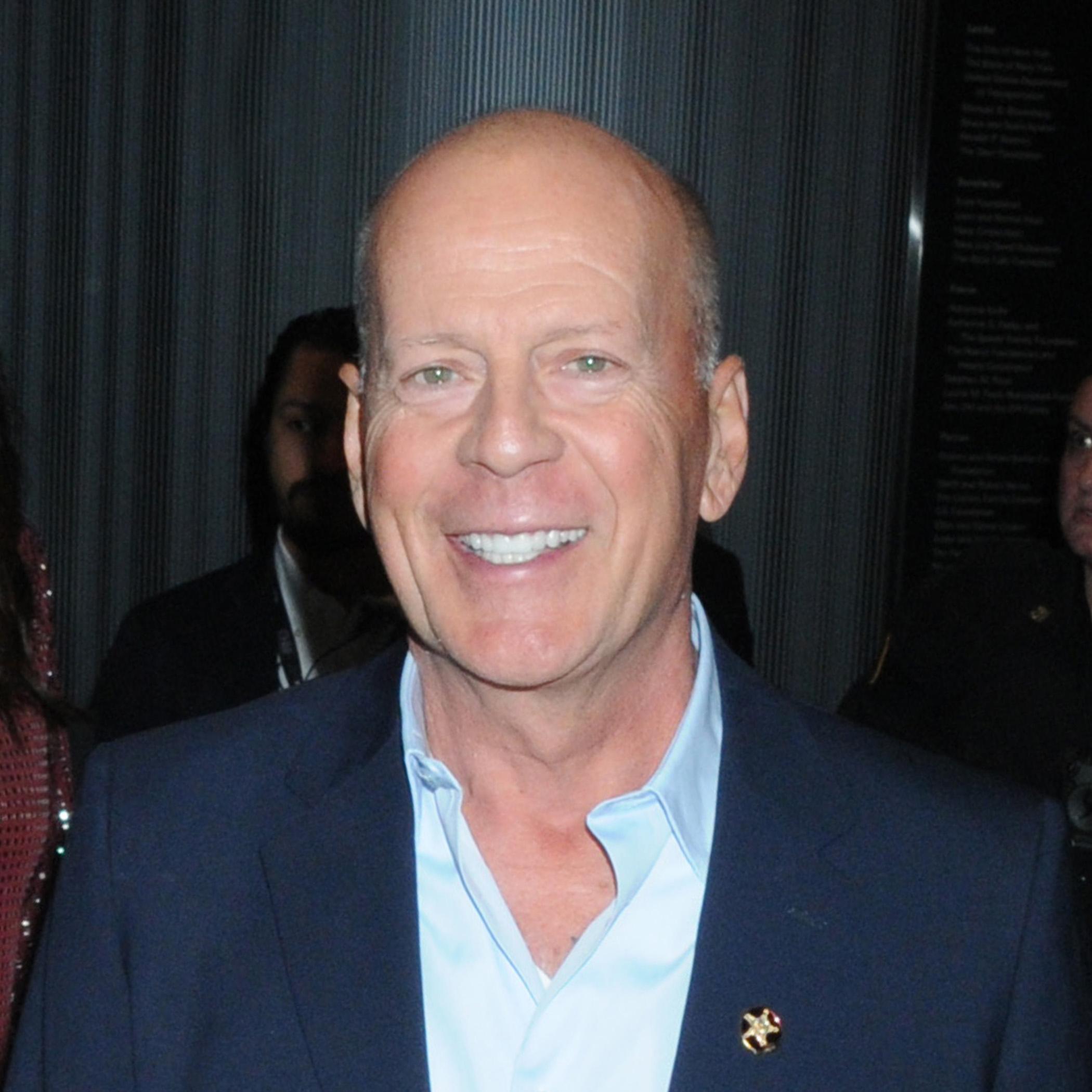Bruce Willis' Aphasia: What It Is & How To Recognize The Signs
By Kristin Myers on April 1, 2022 at 10:30 AM EDT

Actor Bruce Willis is sadly stepping away from acting after his daughter revealed that he has cognitive difficulties caused by aphasia. She disclosed the 67-year-old actor’s struggles in a lengthy Instagram post on Wednesday morning.
Bruce Willis Is 'Stepping Away From The Career That Has Meant So Much To Him'
View this post on Instagram
On Wednesday, March 30 daughter Rumer Willis shared his health condition with the world on Instagram.
“To Bruce’s amazing supporters, as a family we wanted to share that our beloved Bruce has been experiencing some health issues and has recently been diagnosed with aphasia, which is impacting his cognitive abilities,” she explained. “As a result of this and with much consideration Bruce is stepping away from the career that has meant so much to him.”
“This is a really challenging time for our family and we are so appreciative of your continued love, compassion and support,” she continued. “We are moving through this as a strong family unit, and wanted to bring his fans in because we know how much he means to you, as you do to him.”
“As Bruce always says, ‘Live it up’ and together we plan to do just that,” she concluded.
What Does Bruce Willis’ Aphasia Diagnosis Mean For His Career?

The Mayo Clinic explained that aphasia is a condition that affects a person’s ability to communicate. Not only does it affect speech, but it also impacts both spoken and written language. It typically occurs suddenly after a stroke or a head injury, however, it can also come on gradually over time.
The main way to treat aphasia is by addressing the underlying cause. After that, many undergo speech and language therapy to try to restore normal functioning and help them try to find other ways to communicate.

A person who has aphasia may speak in short or incomplete sentences; speak in sentences that don’t make sense; substitute words that sound similar to one another; speak unrecognizable words; not understand a conversation; write sentences that don’t make sense.
There are several different types of aphasia, such as expressive aphasia, where people struggle to say words in their proper order or may omit words altogether, such as “Want food” or “Go store today.”

Comprehensive aphasia is when people may talk in long sentences that don’t make sense or make up words that are not real words; however, they are often unaware that others cannot understand them. Global aphasia is when people have difficulty understanding and forming sentences which are often caused by extensive damage to the brain’s language network.
What Are The Different Causes Of Aphasia?

The most common cause of aphasia is brain damage that results from a stroke, which causes a blockage or rupture of blood vessels in the brain. Loss of blood leads to brain cell death or damage in the areas of the brain that control language.
Aphasia may also be caused by a severe head injury, a tumor, or a degenerative process. In these cases, aphasia can present alongside other symptoms, such as memory problems or confusion. Primary progressive aphasia is a term that is used to describe language difficulty that occurs over time and is due to the gradual degeneration of brain cells in the language area of the brain. This often leads to a more generalized type of dementia.

In other cases, sometimes aphasia is only temporary. This can be due to a migraine, seizure, or a transient ischemic attack (TIA), which blocks blood flow to the brain temporarily. It should be noted that people who have had TIAs in the past are at an increased risk of having a stroke in the future.
Problems with communication can affect relationships, day-to-day function, and jobs. In an interview with The Los Angeles Times, directors who had worked with Bruce Willis in recent years revealed that they had to cut down multiple days of dialogue into a single-day shoot because the “Die Hard” actor had trouble saying lines.

In addition, they also described times when it was difficult for him to follow cues on set, which included misfiring guns, which led to widespread concern among the cast and crew. Fans, friends, and everyone in the entertainment industry are wishing the best for Bruce Willis.